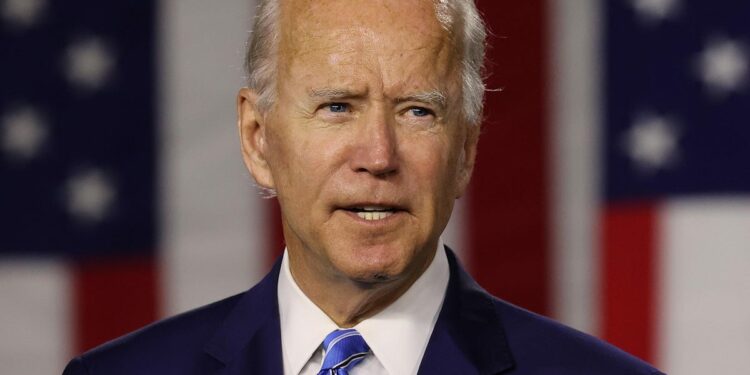In yet another indicator of true public attitudes towards energy policy, politicians around the world are being pressured to lower oil, gas and power prices by a public being hammered with inflation. In the U.S., the traditional split is between Republicans want to cut gasoline taxes in line with their traditional desire to lower taxes, any taxes, and the Democrats with their traditional desire to maintain taxes but help those with lower incomes.
There are a number of rationales for both points of view: high fuel prices power inflation, reduce (net) consumer income, hitting the poor hardest, and threaten to tip the economy into recession. On other side of the equation, reducing taxes is only temporary, cuts funds for highway improvements, benefits the wealthiest most, and hinders conservation keeping demand high and thus market tight.
The situation is naturally more complicated that the two sides make it. Without question, cutting fuel prices to consumers will have a (marginal) impact on demand and in the wrong direction. Thankfully, in most controls price controls are not being considered: the oil price controls that President Nixon imposed—while pushing for energy independence—was an egregious example of this mistake. It also suppressed U.S. oil production, compounding the error.
Energy and fuel subsidies are generally a plague on the global economy and in many nations, although they are usually done as a welfare transfer, not to help producers. Increasing fuel subsidies (or cutting fuel taxes) appeals to politicians for the wrong reasons—handouts to the public to gain votes. Typically, politicians are like the chief minister of Punjab, who facing election recently “doled out last-minute sweeteners, by waiving utility bills and reducing prices on necessities like fuel.” (New York Times
NYT
2/21/22)
Which isn’t new. Governments around the world have long spent money to assist coal miners, farmers, and pretty much everyone although not often so transparently as in the case of cutting fuel prices just before an election. The biggest pandering occurs when American presidential candidates all suddenly realize that ethanol subsidies and/or mandates are vital to national something-or-other every four years just before the Iowa caucuses.
Which is not to say that governments should not act in times of economic stress. Aid to farmers is intended to offset their risk due to volatile weather, even if the intention is often carried too far. The entire point of the Strategic Petroleum Reserve is to deter and/or offset oil price spikes that are driven by transient political events, protecting the public not from free markets but market imperfections. That’s the theory and, mostly, the practice as the U.S. government and most presidents have tried to avoid manipulating world oil prices—except through pressure on oil exporters. The biggest problem is to differentiate between a tight oil market that needs high prices to be rebalance and an oil crisis caused by a transient event like the Iranian Revolution. That seems simple but in practice, even many economists have trouble doing it.
This ideological divide over helping lower income people in a crisis is nothing new. During the Irish potato famine, free market ideology was all the rage in Britain, but Prime Minister Robert Peel recognized that extraordinary times called for extraordinary measures and tried to alleviate starvation by arranging additional food imports. Many other (English) politicians resisted, believing that first, high food prices would bring forth new production and solve the problem (except while farmer’s respond to prices, nature doesn’t) and second, that providing free food would make people dependent on government assistance and damage their work ethic. In a typical case of cognitive dissonance among politicians, the anti-competitive Corn Laws were maintained to reduce food imports and protect British farmers, such as the landed aristocracy.
Fear that government assistance would encourage slothfulness has been a concern of the wealthy since ancient times, many of whom were convinced that their wealth was deserved but that the poor were to blame for their own condition. Granted, there are always some who are ‘work-shy’ but poverty is its own burden. If Ann Richardson was correct in joking that George H. W. Bush was born on third base and thought he had hit a triple, most impoverished are born with two strikes against them: inferior housing, education, health care, etc. Trying to offset that is at least as rational as providing low-cost weather insurance to farmers.
And helping the poor offset higher energy prices is possible without subsidizing the broader population. The Low Income Heating Assistance Program (LIHE
IHE
AP) is intended to do just that. And while I certainly think it is better in the low run to address the problem by lifting people out of poverty, short-term crises deserve short-term policy responses. The danger of politicians treating the situation as an opportunity to gain votes with handouts should be resisted, but that is not a reason to do nothing.
Few modern politicians have the courage of first century Roman Consul Gaius Cotta who, faced with a mob protesting high grain prices, offered to allow them to slay him if they thought high prices were due to misconduct. It was probably Yogi Berra who said, “They don’t make them like Gaius Cotta anymore.”











